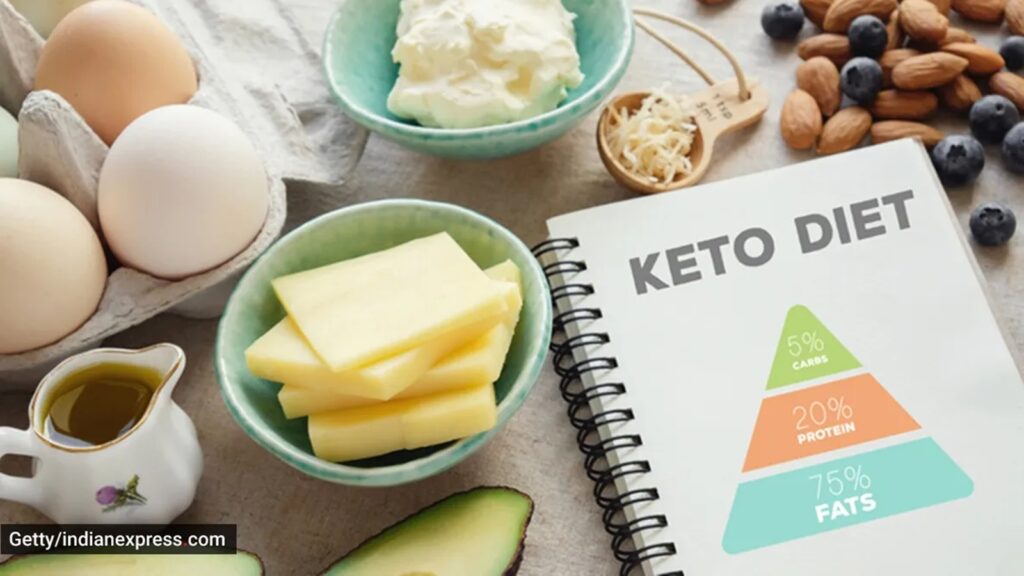The ketogenic diet has become one of the most popular dieting methods for weight loss, but not many know that those new to the ketogenic diet can experience some initial difficulties known as the “keto flu.”
“The term keto flu refers to the set of symptoms some people experience in the first few days of starting a ketogenic diet, partly due to a sudden reduction in carbohydrate intake,” said Rahul Kamra, founder of Ketolets. “As your body becomes accustomed to burning fat for fuel instead of glucose, a sudden reduction in carbohydrate intake can cause withdrawal symptoms,” Kamra added.
Symptoms
One of the most common symptoms is fatigue, which you may experience when you first start the ketogenic diet. “Another symptom of the keto flu is a headache, which can last for a few days and can range from mild to severe,” says Kamra. Mood swings, irritability and an overall feeling of discomfort are also common during this time. “Sleep patterns may be disrupted due to changes in hormones and energy levels. Some people may feel dizzy, which is due to changes in fluid balance and electrolyte imbalances,” says Kamra.
Could there be another reason?
According to Kamra, reduced carbohydrate intake can lead to lower insulin levels, which in turn can lead to increased salt excretion by the kidneys. “The balance of other electrolytes such as potassium and magnesium is also affected by this. Increased water excretion can lead to electrolyte imbalance and dehydration,” Kamra said.
 The keto flu can give you a headache (Source: Freepik)
The keto flu can give you a headache (Source: Freepik)
However, a low-carb diet puts less strain on the pancreas and insulin production than a high-carb diet: “When your body runs out of carbohydrate stores, your liver produces ketones, a type of fat that can be converted into energy,” explains Vibhuti Jain, nutritionist at Lo! Foods.

What can help?
*It is important to drink plenty of water as dehydration can make symptoms worse.
*Replenishing electrolytes like sodium, potassium and magnesium is important to replace those lost when carbohydrate intake is reduced. “To maintain the right balance, eat foods high in electrolytes like leafy greens, avocado, nuts and seeds,” says Kamra.
*By introducing carbohydrate restriction gradually, your body can adapt more comfortably. “A balanced diet will support your body's needs during this metabolic transition,” says Kamra.
While the keto flu is temporary, managing it effectively can help you achieve your fitness goals. It's important to always consult with a medical professional or get guidance from a keto-trained coach before starting the diet. “If you're trying to navigate the ketogenic diet on your own, it's also important to educate yourself on the ketogenic process,” says Kamra.
© IE Online Media Services, Inc.
First uploaded on: October 6, 2024 09:30 IST



